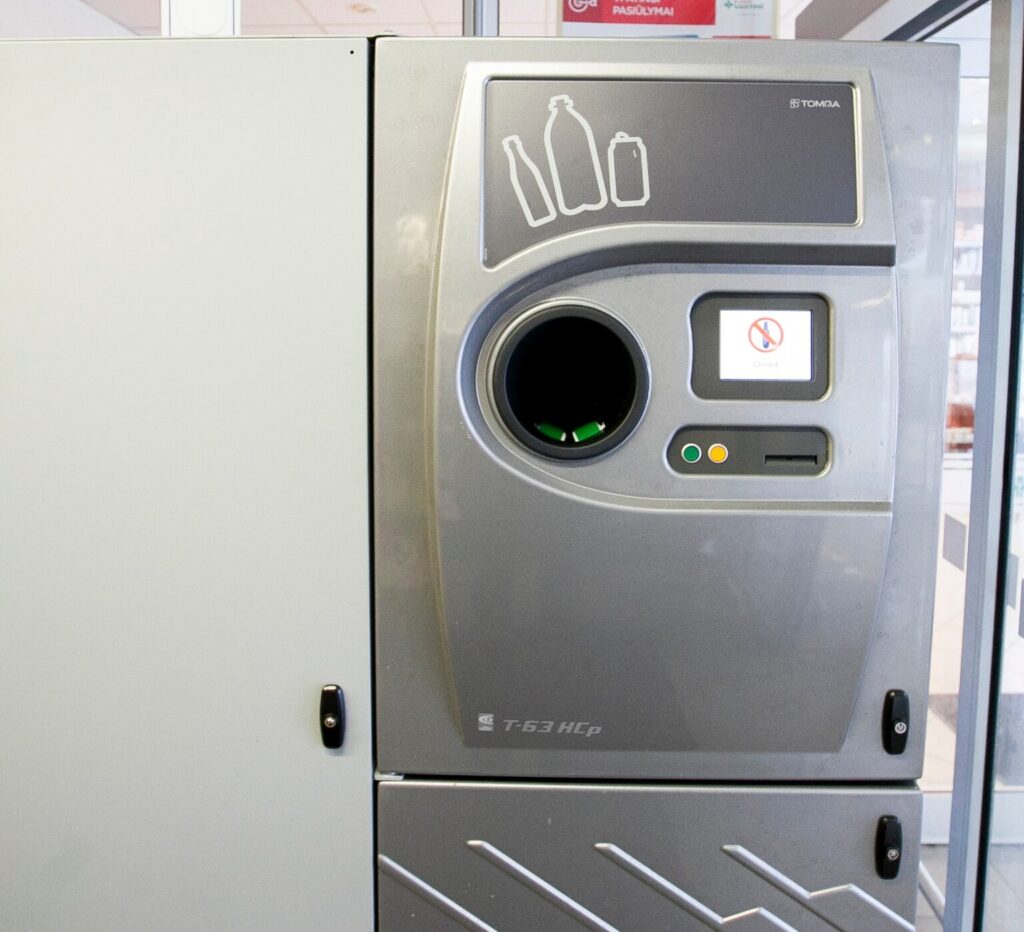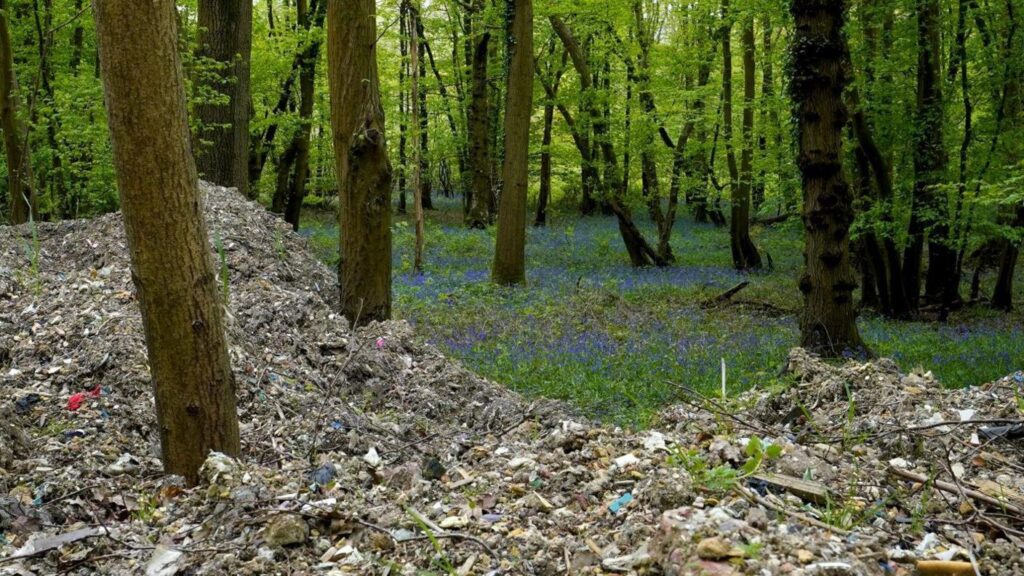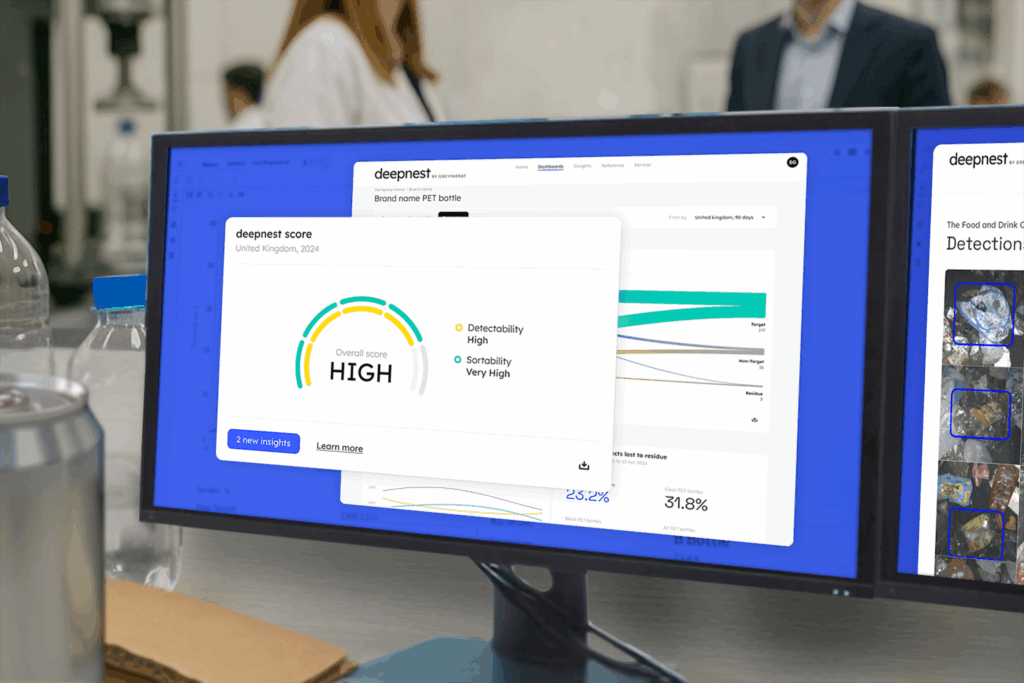While it’s acknowledged that the confirmed delay (see letsrecycle.com story) is disappointing, many are hoping that the extra time will allow for greater and more methodical planning, working in conjunction with Simpler Recycling and Extended Producer Responsibility (EPR).
Dr Adam Read, chief external affairs and sustainability officer for Suez recycling and recovery UK said: “Today’s announcement is the right move for UK recycling policy, and comes as no surprise for those of us who have advocated the delay of DRS. The UK still has a major recycling challenge, however before any DRS scheme is implemented, we need to see Extended Producer Responsibility and consistent kerbside collections in place and working effectively.
“Our modelling and experience suggest that return schemes work best when part of a much wider system of producer responsibility and when used to target specific materials that are not already widely captured. Batteries, for example, would be a great target for a future DRS to reduce the serious problem of recycling and waste fires. This would avoid undermining established systems, behaviours and budgets.
“As a sector, we need to see major policy reforms so that we can finally deliver the changes needed to transition to a more circular, resource efficient economy and reduce our impact on the environment. It’s important the government does not waste this opportunity now to ensure the implementation of EPR and simpler recycling is successful. Only then should we consider introducing a DRS for beverage bottles.”
Head of recycling policy at the Environmental Services Association, Patrick Brighty, said: “Coordinating deposit return schemes for drinks containers across the four administrations of the UK, and delaying implementation until 2027, is a sensible and pragmatic approach to rolling out this major policy and infrastructure change. This should help ensure that all stakeholders have adequate time to prepare for a successful roll-out and was a somewhat inevitable outcome given the lack of policy progress on these reforms in recent years.
As today’s joint announcement reiterates, DRS is just one component of a wider set of recycling policy reforms and must be carefully designed and implemented so that it remainscomplementary to EPR and revised kerbside collection services – ensuring that each of the devolved administrations is using the right tool for the right job in pursuit of higher recycling targets.”
Jenni Hume, UK and Ireland director at Reloop, said: “This statement of intent must be urgently followed by the concrete step of legislation. Reloop’s analysis shows that 18 months is plenty of time for a system operator to start running, so it’s unclear why this additional delay is required.
“Considering the climate and litter benefits of including as many drinks containers as possible in the scheme, we remain hopeful that a simple legislative change in the future can ensure that glass bottles are included across the UK, matching the ambition being shown in Wales.
“The best way to deliver interoperability across the UK is to include glass in all four UK nations, as was the intention before glass was dropped from the English and Northern Irish schemes in 2022. Westminster Ministers caving in to industry lobbying on glass is what has ultimately caused these delays to this vital policy.”
Lee Marshall, director of innovation and technical services, Chartered Institution Wastes Management (CIWM), said: “CIWM’s stance on DRS has always been that its implementation should follow the introduction of the Simpler Recycling and EPR initiatives to ensure that it is still required, and if so, that it is correctly structured. This would also allow progression on digital technologies that might enable a DRS scheme based on existing kerbside collections, instead of a costly network of reverse vending machines.
“Unfortunately, however, this is the latest in a raft of policy delays from Government which serve to further erode confidence in the sector and present further challenges to securing much needed investment. This should be a time of huge change and improvement and CIWM calls on Government for a major shift change in policy implementation in order to deliver the 2018 Resources and Waste Strategy. If we do not get on and implement outstanding policies, we are in danger of drifting aimlessly and we will have wasted the huge potential that the Resources and Waste Strategy promised when it was published.”
In a joint statement, the British Soft Drinks Association and Natural Source Waters Association, said: “We welcome the clarity that today’s statement provides in terms of forthcoming regulation on DRS and are particularly encouraged by progress made across the Four Nations on most aspects of an aligned DRS. However, a unified and consistent scheme is critical and it’s disappointing that the Welsh Government continues to be an outlier in calling for the inclusion of glass within scope.
“A lack of alignment in this area would create different market conditions within Great Britain, which, in turn, would confuse consumers and impede efforts to achieve the high collections rates of PET and aluminium beverage containers necessary to fuel the circular economy for beverage packaging. We will continue to offer our full support to ensure the delivery of an aligned DRS and to this end, we urge the Welsh government to reconsider its approach to help unlock the way to an interoperable DRS that benefits the environment, consumers and industry alike.
Jane Martin, CEO of City to Sea, said: “The irony is not lost that this announcement comes amid negotiations for a UN Global Plastics Treaty to end plastic pollution. As a founding member of the High Ambition Coalition to End Plastic Pollution, the UK supports a treaty that binds countries to a circular approach to plastics and ensures urgent action and effective interventions. However, the Government continues to delay a policy that has a proven significant impact. In Lativa, the scheme achieved an 80 percent return rate in just two years, equating to more than half a billion packaging units returned.
“This country, its seas, its land and its people are filled with plastic, yet the Government has pushed a key policy, that will help turn off the plastic tap, down the priority list.”
Duncan Midwood, co-founder and director of DDRS Alliance, said: “A pure return-to-retail model simply won’t deliver the collection and recycling rates the UK needs to achieve. The solution proposed here is to exempt many retailers from their duty to take back drink containers – including hospitality, schools and leisure centres. Without an effective return network, any UK solution is doomed to failure.”
To find out more about changes in the sector, visit the National Letsrecycle.com Conference on 6 June at QEII Centre in London. To book tickets to attend or for more information please click here.











Subscribe for free